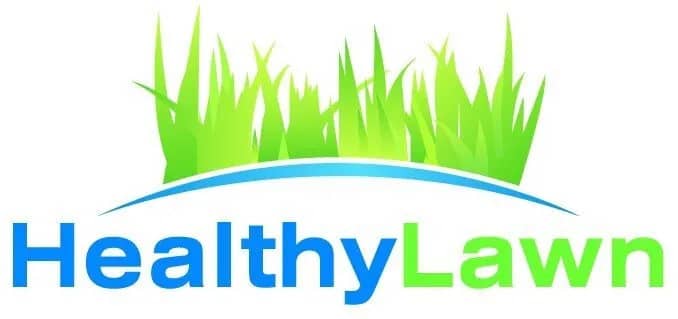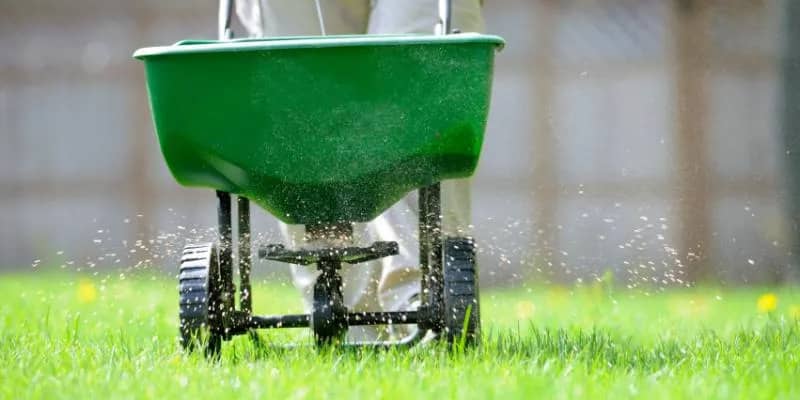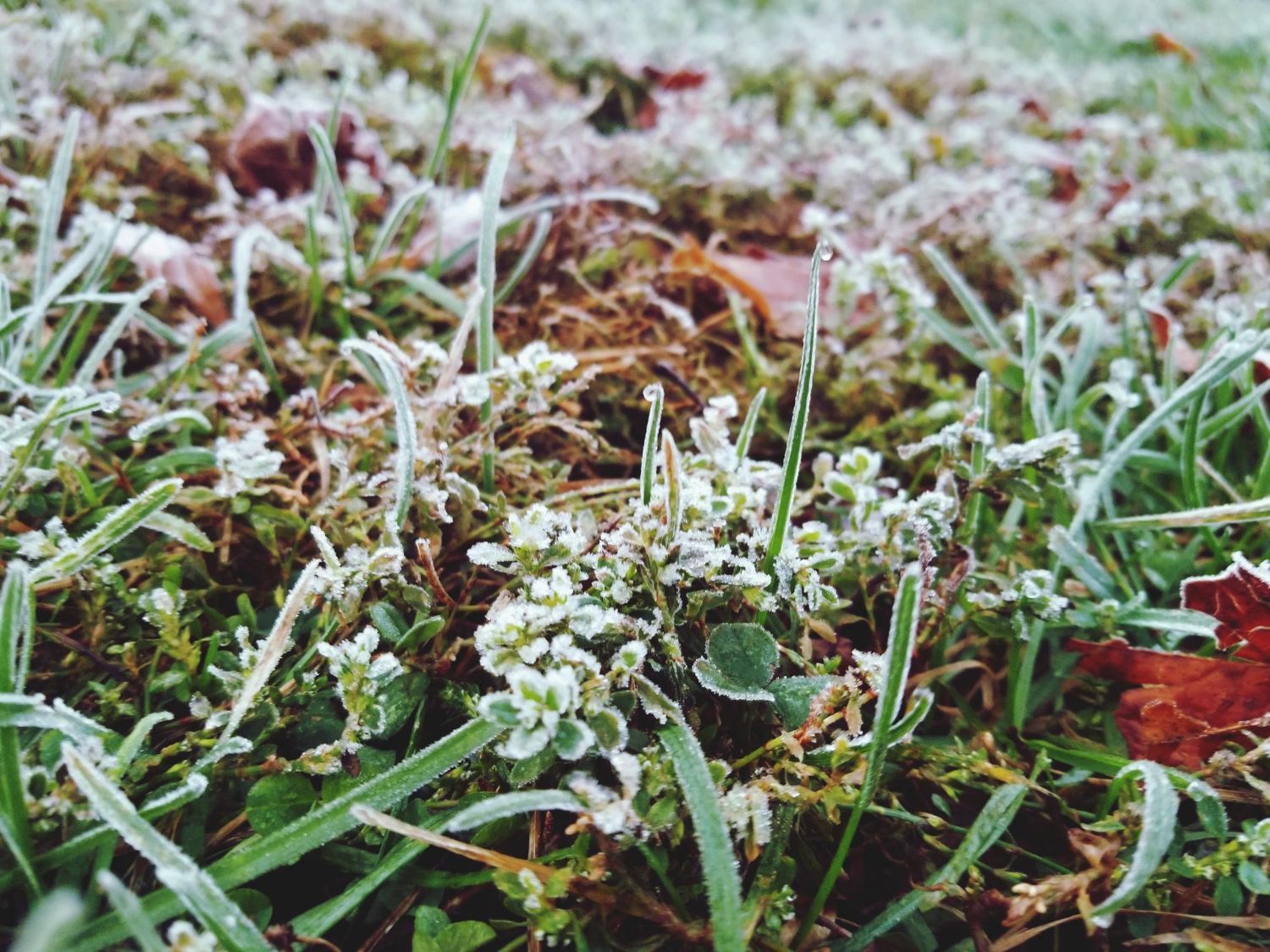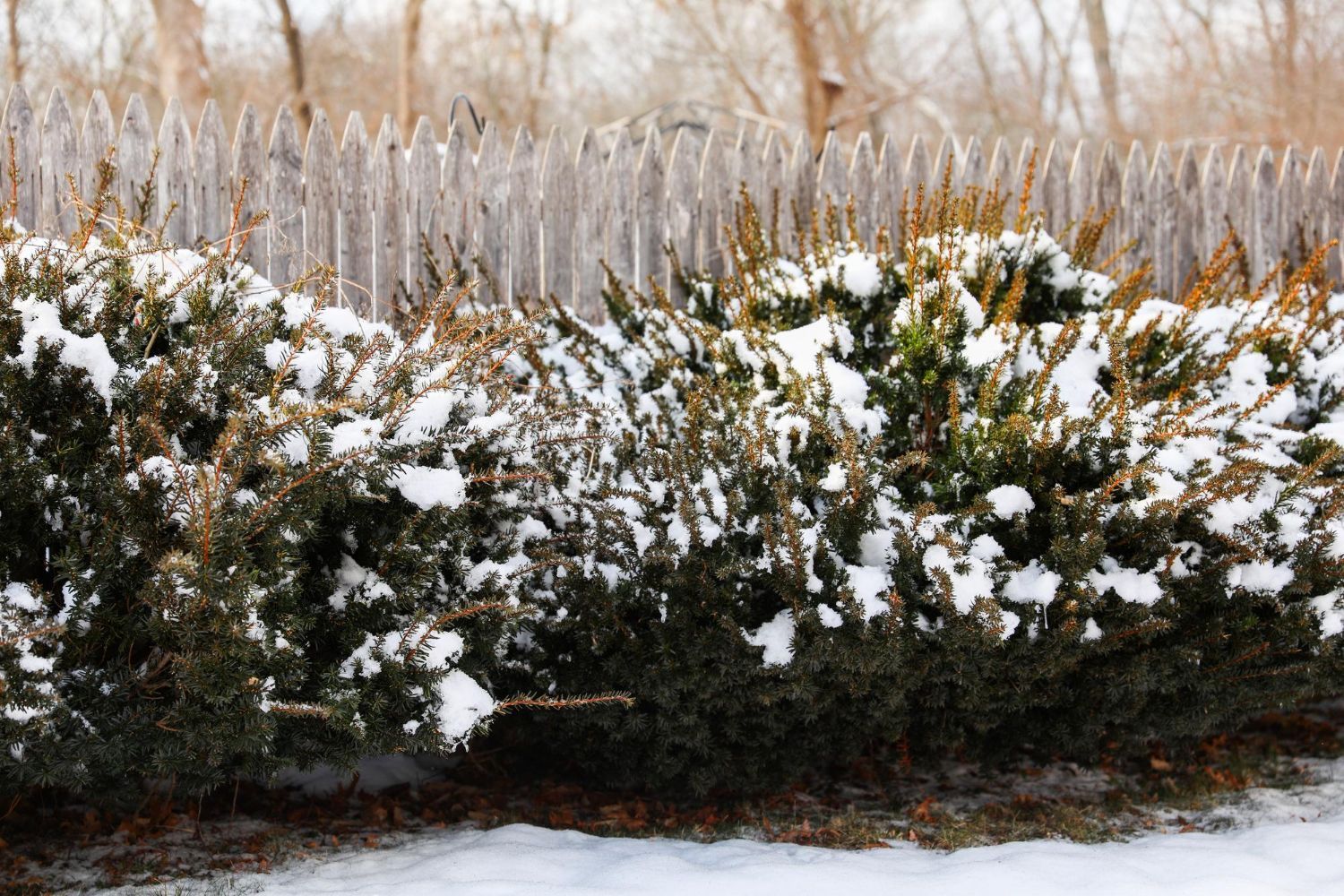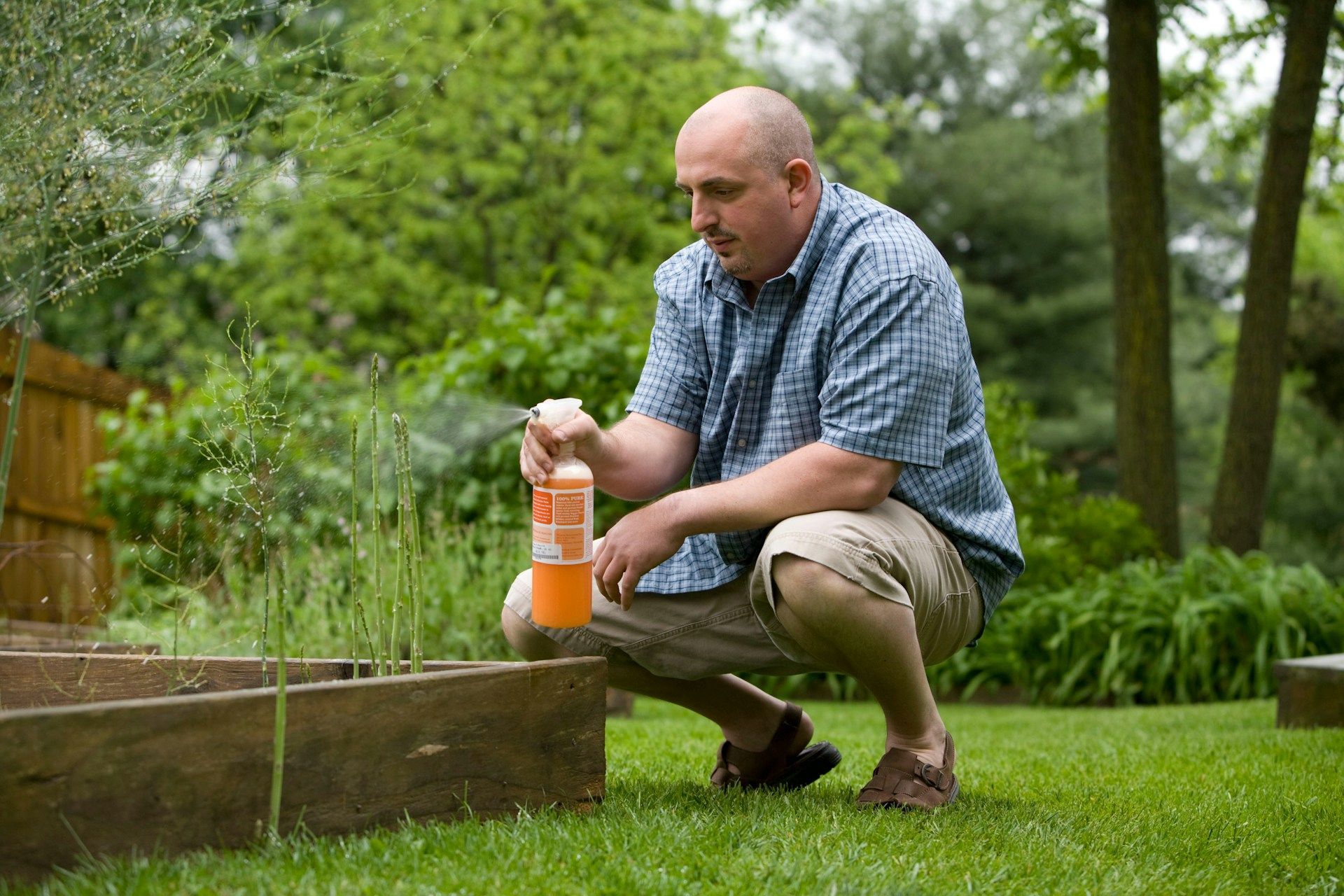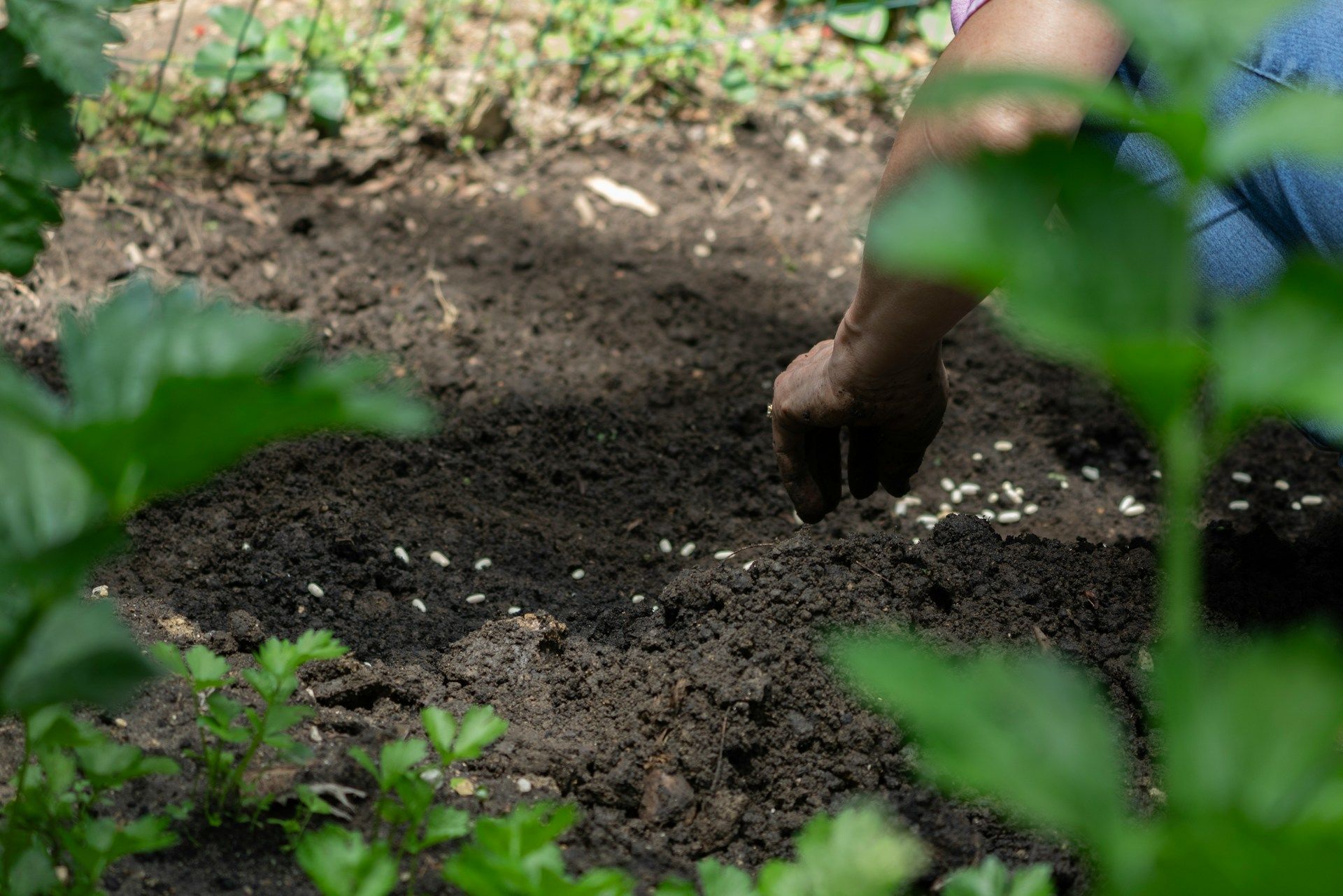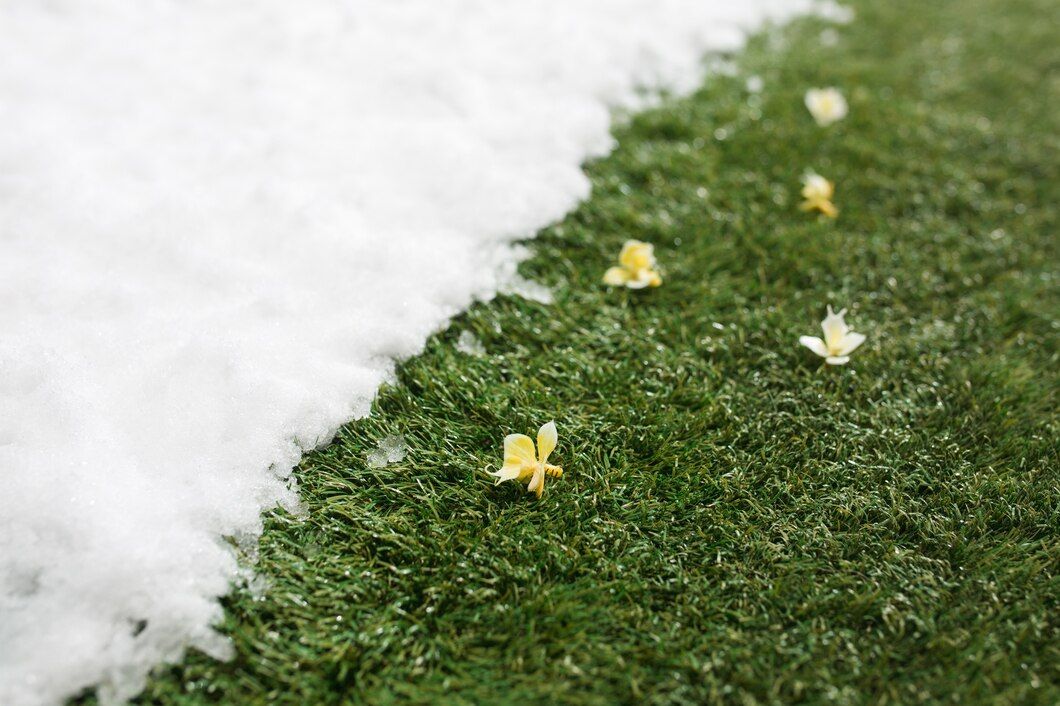What Our Customers Are Saying
When to Fertilize My Lawn in New Jersey?
Is March too early to fertilize my lawn? What is the best fertilizer for New Jersey grass? How often do I fertilize? Why do I need to fertilize my lawn in the first place?
Lawn fertilizer promotes growth in your grass, which means for a thick, green yard. It’s the proper next step after lawn aeration in order to bring your lawn back to health after a cold winter and the harsh summer. While homeowners know lawn fertilization is necessary, that doesn’t mean it isn’t confusing! To help you figure out the ins and outs of lawn fertilization, the experts at Healthy Lawn compiled everything you need to know about lawn fertilization in New Jersey.
When Do You Fertilize Your Lawn in NJ?
Spring and fall are the two best times to fertilize your lawn in New Jersey, but the real answer depends on how often you’re willing to apply the fertilizer.
For a thick and healthy lawn, you’ll want to fertilize a few times throughout the year, with the major times to fertilize being spring and fall. Around mid-April, when the soil temperature reaches around 55 degrees Fahrenheit and the grass is just beginning to grow is the ideal time to do your first round of fertilizer of the season.
However, if you only plan to fertilize once per year, fall is the best time to fertilize your lawn in NJ—even as your turf’s growth slows down in the cold, its roots can still take advantage of the fertilizer. Even better, fertilizing in the fall will protect your lawn throughout the winter and make it lush and thriving come spring. Ideally, you should aim to fertilize once in early September, to help your lawn repair the damage done by summer heat, and then again in October or November to fortify your lawn for the winter.
It’s important to know that New Jersey fertilizer laws require that you not apply fertilizers containing phosphorus or high levels of nitrogen between November 15th and March 1st due to the risk of run-off pollution occurring.
Do You Fertilize Your Lawn Before or After Rain?
This is not a “yes” or “no” situation, but an “it depends.”
If you fertilize before rain, you will be spared the task of having to water your lawn to help fertilizer soak in. However, if the rain is heavy enough, you risk your fertilizer being washed away and possibly polluting local waterways. While it is fine to fertilize before a light rain, if you are expecting heavy thunderstorms, it might be best to aim to fertilize your lawn after the rain has passed.
Best Fertilizer for New Jersey Grass
There are two main types of lawn fertilizer—which is best for your lawn depends on the type of grass you have.
For yards that struggle with weeds, you might want to consider a granular fertilizer that kills weeds while supporting your lawn’s nutritional needs. This is known as the “weed and feed” approach to fertilizing. There will be many granular fertilizers to choose from wherever you buy garden supplies. If your weeds are already under control, then the best fertilizer for green grass will be nitrogen-rich.
To choose a good lawn fertilizer in NJ, you’ll want to first conduct a soil test to determine your lawn’s unique needs. These can be purchased at landscaping or garden stores, or you can contact a lawn care professional in NJ to help you test your soil and identify your lawn’s nutritional needs.
How to Fertilize Your Lawn in New Jersey
There are a lot of steps to fertilizing your lawn: You’ve gotten your fertilizer picked out, have a fertilizing schedule planned, and have checked the weather forecast to make sure there aren’t any thunderstorms coming. Now what? How do you actually fertilize your lawn?
To fertilize your lawn, you’ll want to find a spreader to distribute your fertilizer evenly. Improperly applying fertilizer or adding too much can burn your lawn or damage its health. You’ll also want to be prepared to water—depending on the fertilizer you’re using, you might need to water immediately after application or allow time for the fertilizer to soak in. No matter what, make sure to read and follow the directions on your fertilizer bag carefully and store any remaining fertilizer far away from children and pets.
If you run into any issues with lawn fertilization in New Jersey, consider reaching out to local lawn care experts. At Healthy Lawn, our team of licensed professionals has years of experience providing lawn fertilization in New Jersey, and we’d be happy to help you test your soil, establish a lawn fertilizer schedule, or identify the best fertilizer for your NJ grass.
